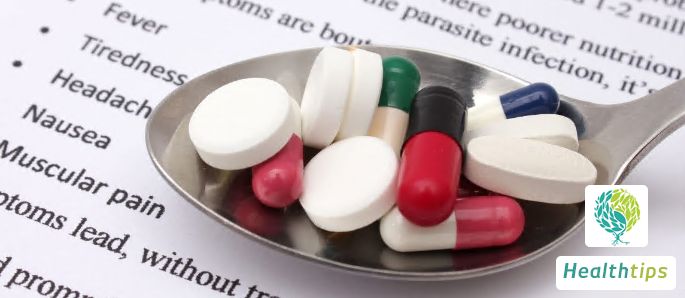"What Risks Do Women Face When Engaging in Sexual Activity After Consuming Alcohol?"
The Harmful Effects of Drinking Alcohol and Post-Drinking Precautions
Alcohol has a long history in China, and nowadays there is a greater variety of alcoholic beverages. With the fast pace of modern life and increasing pressure, many people turn to drinking as a way to relieve stress. However, excessive drinking can have negative impacts on health, especially when engaging in sexual activity after drinking. For women, post-drinking sexual activity can lead to menstrual disorders, amenorrhea, ovarian dysfunction, and other issues.

Firstly, the harmful effects of post-drinking sexual activity on women include:
Sexual dysfunction due to alcohol consumption, which can decrease vaginal blood circulation and sexual arousal and orgasm as blood alcohol concentration increases. Excessive drinking can lead to ovarian dysfunction, even ovarian atrophy, menstrual disorders, amenorrhea, decreased libido, and even infertility in severe cases.
If there is no contraception and unexpected pregnancy occurs, it can be detrimental to the health of the fetus and may even induce fetal malformations.
Secondly, here are some post-drinking precautions:
Do not go to sleep immediately after drinking. Alcohol is metabolized by the liver, and immediate sleep slows down the body's metabolism, which is detrimental to the liver and can lead to alcoholic liver disease. It is recommended to wash your face with cold water after drinking and rest for a while before going to sleep. For those who have consumed excessive alcohol, it is advisable not to let them fall asleep naturally as severe alcohol poisoning can lead to unconsciousness. In such cases, family members should stay with them, wake them up every two hours, and give them some plain water until they are fully awake.
Avoid using an electric blanket after drinking. Excessive drinking can lead to dysregulation of body temperature and increased heat loss, causing a feeling of coldness. While it is important to keep warm, it is not advisable to use an electric blanket, especially for those with hypertension, coronary heart disease, or other cardiovascular and cerebrovascular diseases. Drinking can dilate blood vessels, increase heart rate and metabolism, and raise blood pressure, which can trigger myocardial infarction, angina, and other diseases. If you feel cold, use a duvet or hot water bottle for warmth and drink some warm water, but make sure it is not too hot to avoid burns.
Do not take antidote after drinking. Antidotes may temporarily relieve the symptoms of drunkenness, but they actually prolong the duration of intoxication. It is recommended to drink plenty of water and sports drinks to replenish electrolytes.
Avoid taking fever-reducing medication after drinking. Alcohol can react with many medications and produce toxic substances. Especially avoid taking fever-reducing medication as it can produce toxic substances that can cause liver inflammation and even permanent damage. If medication is needed, it is advisable to take ibuprofen one hour before bedtime the following morning. Additionally, antibiotics such as cephalosporins, hypoglycemic agents, and antihypertensive drugs should also be avoided.
Do not take a shower immediately after drinking, whether it is cold or hot water. Taking a hot shower or sauna can lead to the accumulation of heat in the body, worsening intoxication and leading to nausea, vomiting, or even fainting. Taking a cold shower will not help to sober up and can actually strain the liver by preventing it from replenishing the glucose depleted from the blood. Additionally, the cold water can cause vasoconstriction, potentially leading to blood vessel rupture or the development of a cold.



















